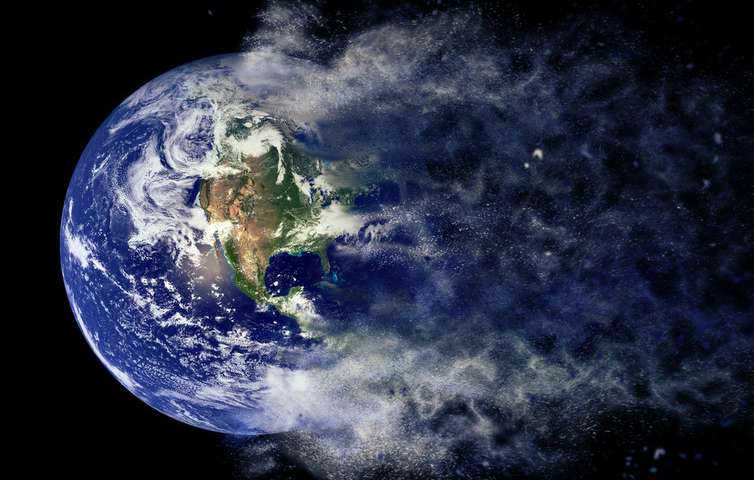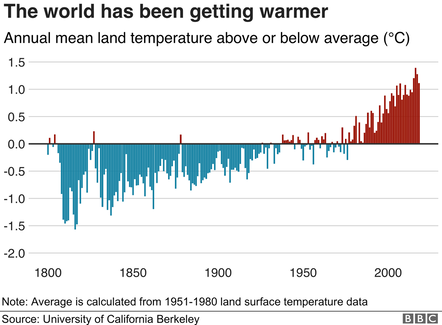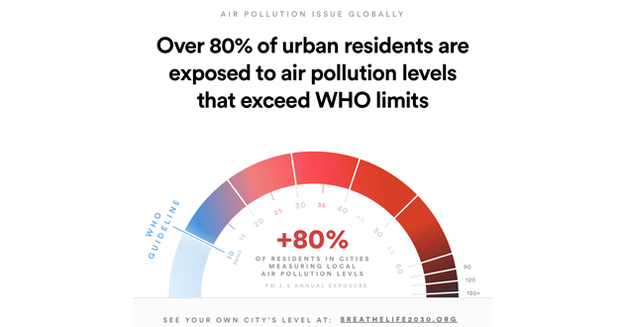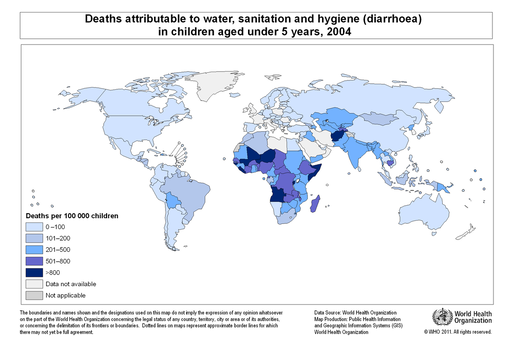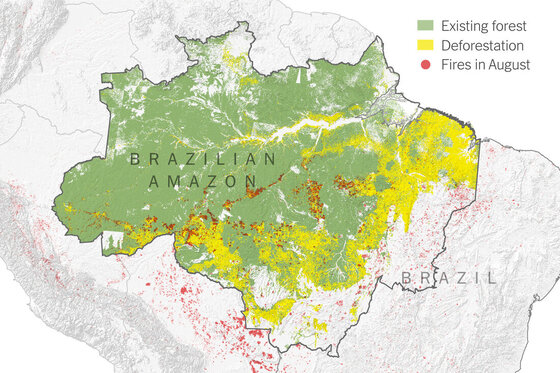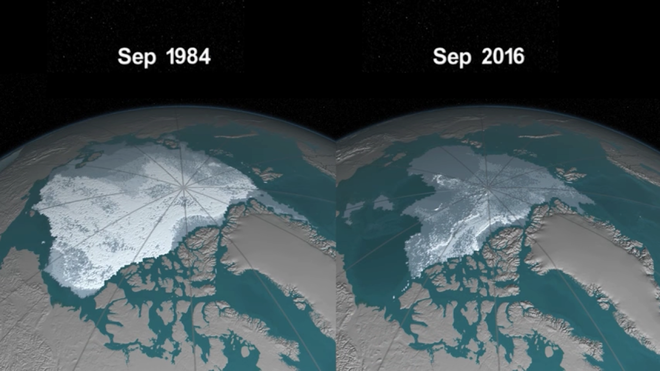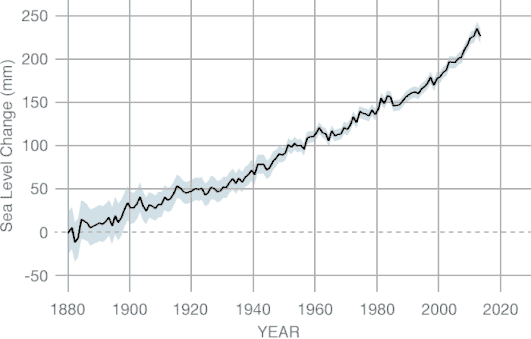|
It's time. After witnessing various social media campaigns, environmental disasters, and eco-friendly ratifications, you want to truly become a green advocate. However, it all seems a little overwhelming to stomach at first. There's devastating deforestation there, blistering fires here, and suffocating pollution all over the world. You don't know exactly where to start. Well you're in luck! Here is a simple guide to the issues any environmentally-conscious person ought to know.
Scientific evidence for warming of the climate system is unequivocal. NASA has a great, comprehensive website dedicated solely to climate change; they not only have detailed graphic demonstrations and constant updates on current environmental events, but they also include information on how to stop climate change. (Hint: It includes mitigation and adaptation.) Let's move on to the next big topic. Pollution. It's probably the issue that's affected our daily life the most. Pollution is the cause for Teslas and metal straws and reusable bags. Still, many might be asking for the proper definition of pollution. Pollution is the presence of harmful and foreign substances in an environment. To begin to further parse down the concept, we first must acknowledge that there's many kinds of pollution. Air pollution, light pollution, ocean pollution, and plastic pollution are just a few forms. There are many pollution maps to help with visualizing this environmental issue–whether it's point source pollution, non-point source pollution, pollution by country, or pollution by city. National Geographic has a thorough encyclopedic entry on pollution.
The next alarming thing on our list? The melting of the polar ice caps. Caused primarily by increasing global temperature, this disaster may have the most shocking visual effects. There are many photos documenting the exponential atrophy of the ice caps. And you may ask what exactly the effects of the polar ice caps melting are. Well, aside from acres and acres of habitat disappearing each week, this is the answer to another distressing question. Why are sea levels rising? At the current rate, many coastal cities and islands are going to experience severe and permanent flooding. In fact, this is already the case for the Marshall Islands, the Maldives, and Kiribati. And lastly, after learning about the various ecological issues plaguing Earth right now, you may be thinking about how you can begin green and smart living and start conserving. This website exists for that exact purpose. We are here to help teach you how to combat climate change locally and personally. You don’t need to be a part of the civilian conservation corps to help–the Ecolibrium Project will guide you on your journey towards being a more environmentally-conscious person!
0 Comments
|
|
|
|
|

